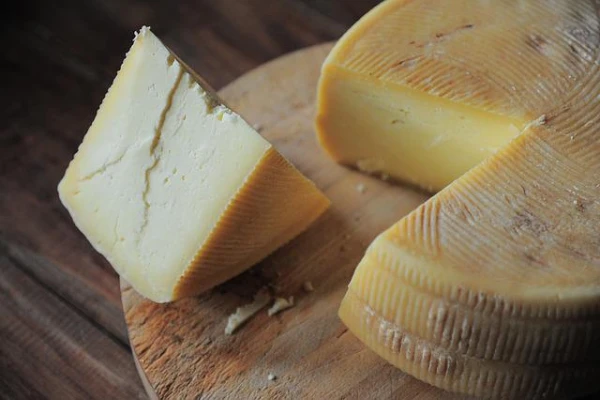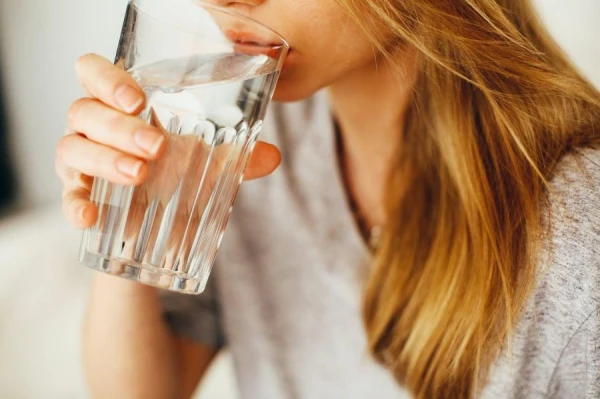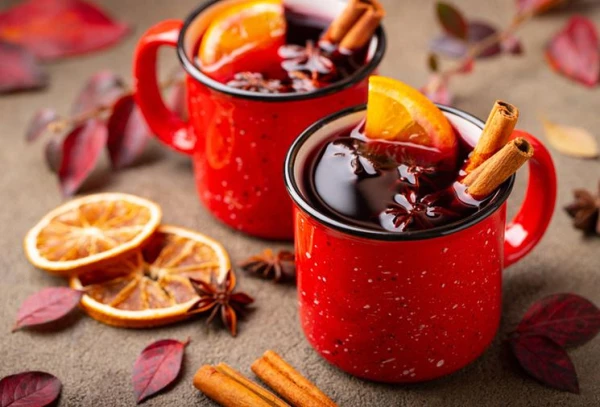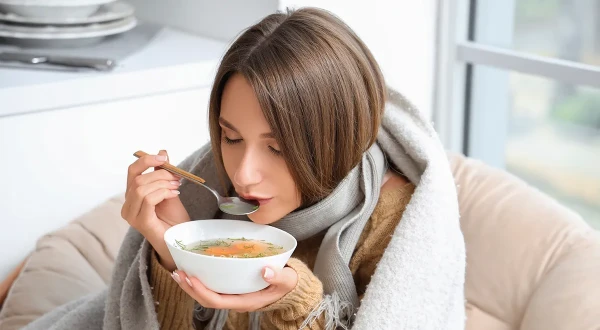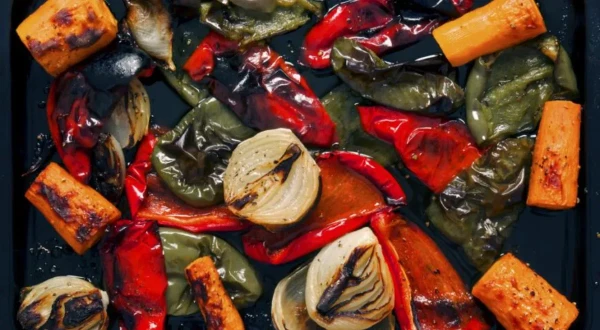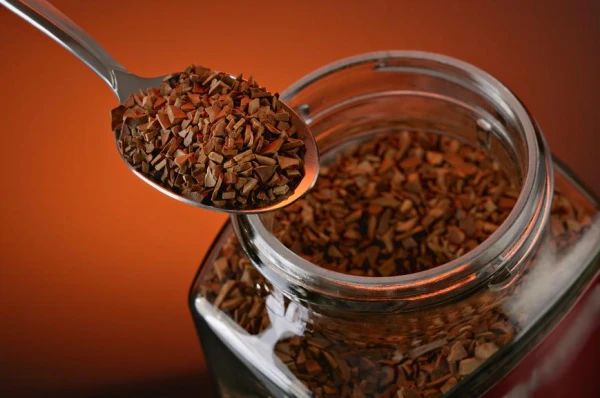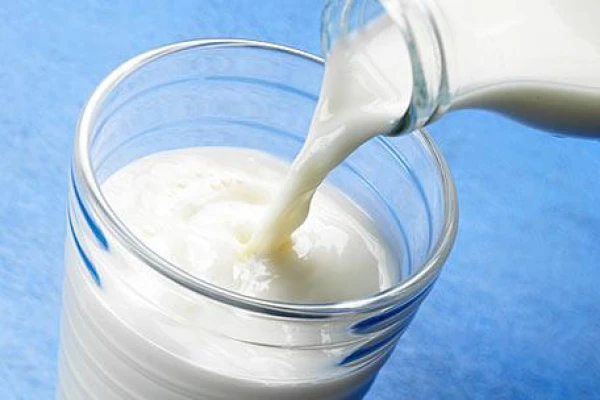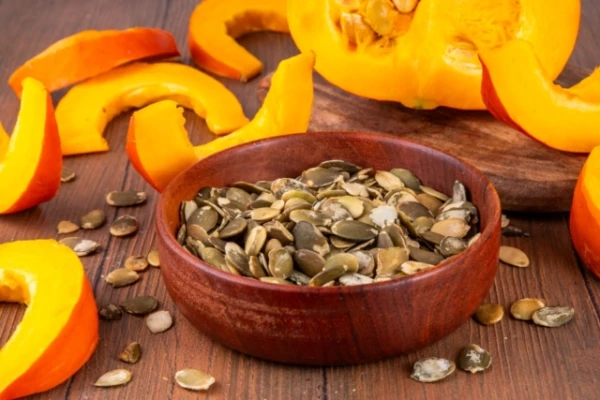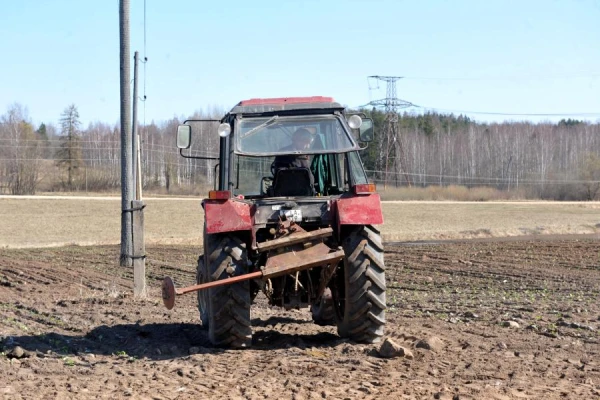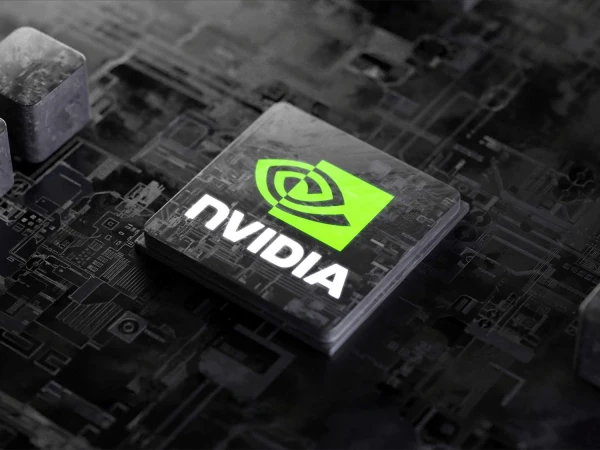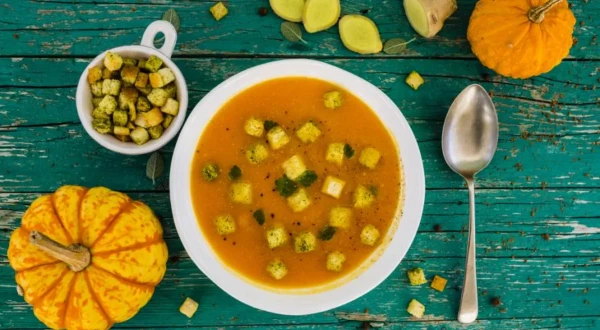
Dietitian Larisa Nikitina explained which processing methods allow for maximum vitamin preservation in pumpkin and how to make a dish with it — dietary.
What is Beneficial in Pumpkin
Pumpkin is rightly considered one of the richest vegetables in terms of composition. It contains:
vitamin A (beta-carotene) — supports vision and skin health;
vitamin C — strengthens the immune system, especially during cold season;
vitamin E — protects cells from aging;
vitamin K and B vitamins — important for metabolism and the nervous system.
In addition to its vitamin content, pumpkin also boasts an impressive mineral profile, as well as a significant “portion” of fiber — dietary fibers that ensure normal digestion.
How to Cook Pumpkin
According to the dietitian, baked pumpkin retains more vitamins than boiled or fried. The beneficial nutrients are minimally destroyed, and the product itself is easier to digest.
To make the dish not only healthy but also tasty, it is recommended to add a little olive oil, cinnamon, or thyme to the pumpkin. These spices enhance the aroma and improve the absorption of fat-soluble vitamins.
As an alternative, steaming is also a suitable option. In general, it is better not to subject the vegetable to prolonged heat treatment: 30–40 minutes at 180–200 °C is sufficient.
